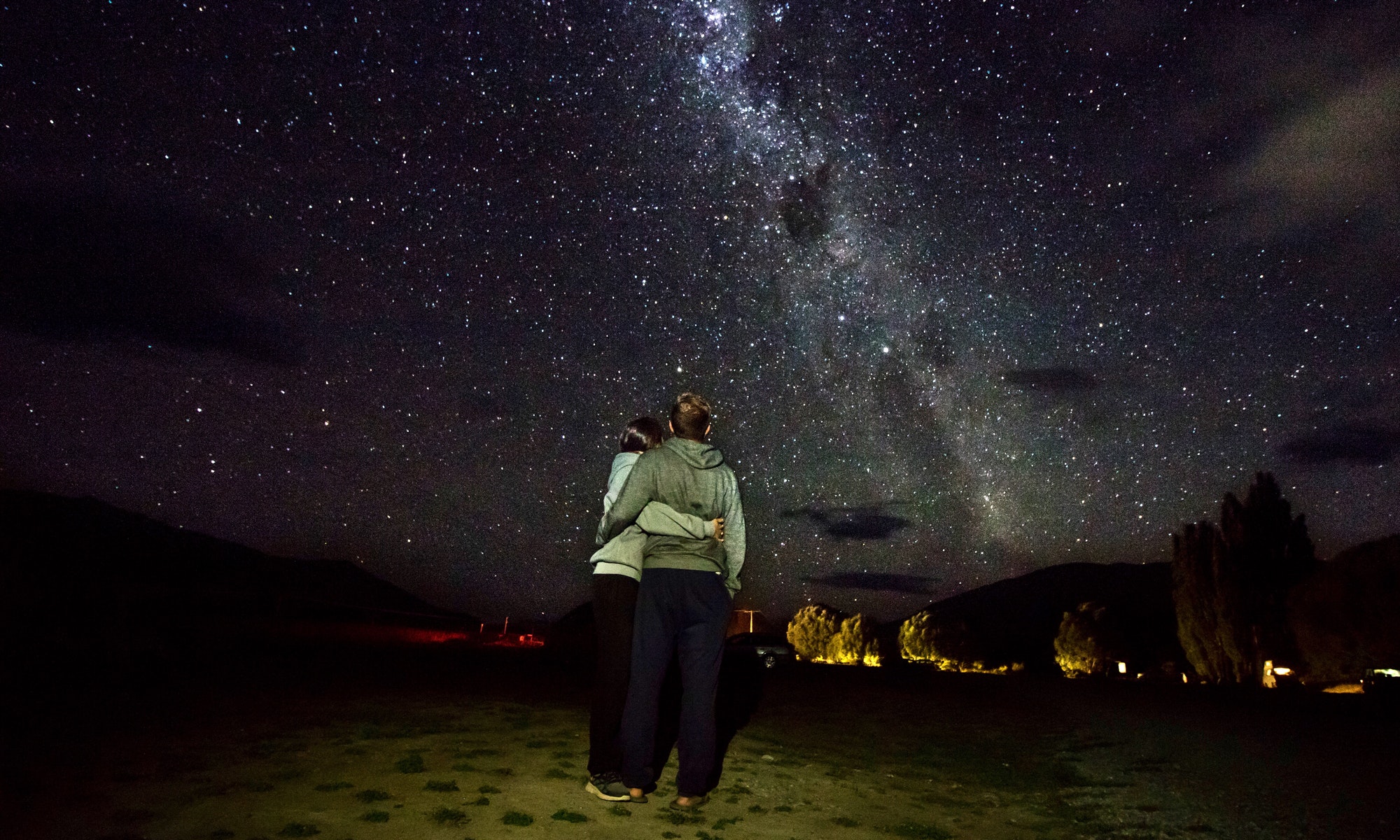
Stargazing Events for 2022 – Part Two
Welcome to Part Two of Stargazing Events for 2022. The first half of the year offers some great stargazing opportunities, but the second half is when things get truly amazing. Read ahead to find out more!
We have to wait until the end of July for another meteor shower, but the new moon on the night of the 28th means the Delta Aquarids Meteor Shower will be better than it has in years. This one only gives 20 meteors per hour, but it will be worth it! The Supermoon for July is slated for the 13th, as well, so be sure to get out and take a look.
August brings us another Supermoon on the 12th, coinciding with the Perseid Meteor Shower. Sadly, this means that one of the most incredible meteor showers of the year, which produces more than 60 meteors per hour, might be a bust for all but the biggest and brightest meteors. Still, it’s worth getting out after midnight to take a look. Thankfully, that’s just the peak. The dates range from July 17th to the 24th, so you can try a different night without major disappointment.
September is another bust, but October brings not one but two meteor showers. The first, the Draconids Meteor Shower, is considered a minor shower, with only ten meteors per hour on the night of the 7th. Still, the following new moon happens right around the Orionids Meteor Shower, which peaks on the 21st. This shower reliably gives 20 meteors or more an hour, and with a sliver of a crescent or no moon at all, it’s an excellent year for the view. We will have a partial solar eclipse on October 25th, too, best visible from Russia.
November offers a total lunar eclipse on the 8th and the Leonids Meteor Shower on the 17th. Sadly, we’re still a few years away from the awe-inspiring hundreds of meteors per hour that will happen in 2034, but it should still provide 20 meteors per hour after midnight.
December offers two more meteor showers to close out the year, and what a way to go! The Giminids Meteor Shower on the 13th is the best of the year, offering up to 120 meteors per hour in multicolored hues. Even with a waning gibbous moon in the sky, this is the must-see event of 2022. The night of the 21st offers one more minor shower for avid stargazing enthusiasts, the Ursids Meteor Shower. This one only brings 5-10 meteors per hour, but if you happen to be out, gaze up!
Again, you don’t need a meteor shower or eclipse to enjoy the night sky! New moon nights are fantastic for stargazing, and full moons are still gorgeous in their own right. Hiking under a full moon is incredibly fun. Here are the dates for July through December in 2022.
July
- Full Moon: July 13th
- New Moon: July 28th
August
- Full Moon: August 12th
- New Moon: August 27th
September
- Full Moon: September 10th
- New Moon: September 25th
October
- Full Moon: October 9th
- New Moon: October 25th
November
- Full Moon: November 8th
- New Moon: November 23rd
December
- Full Moon: December 8th
- New Moon: December 23rd
